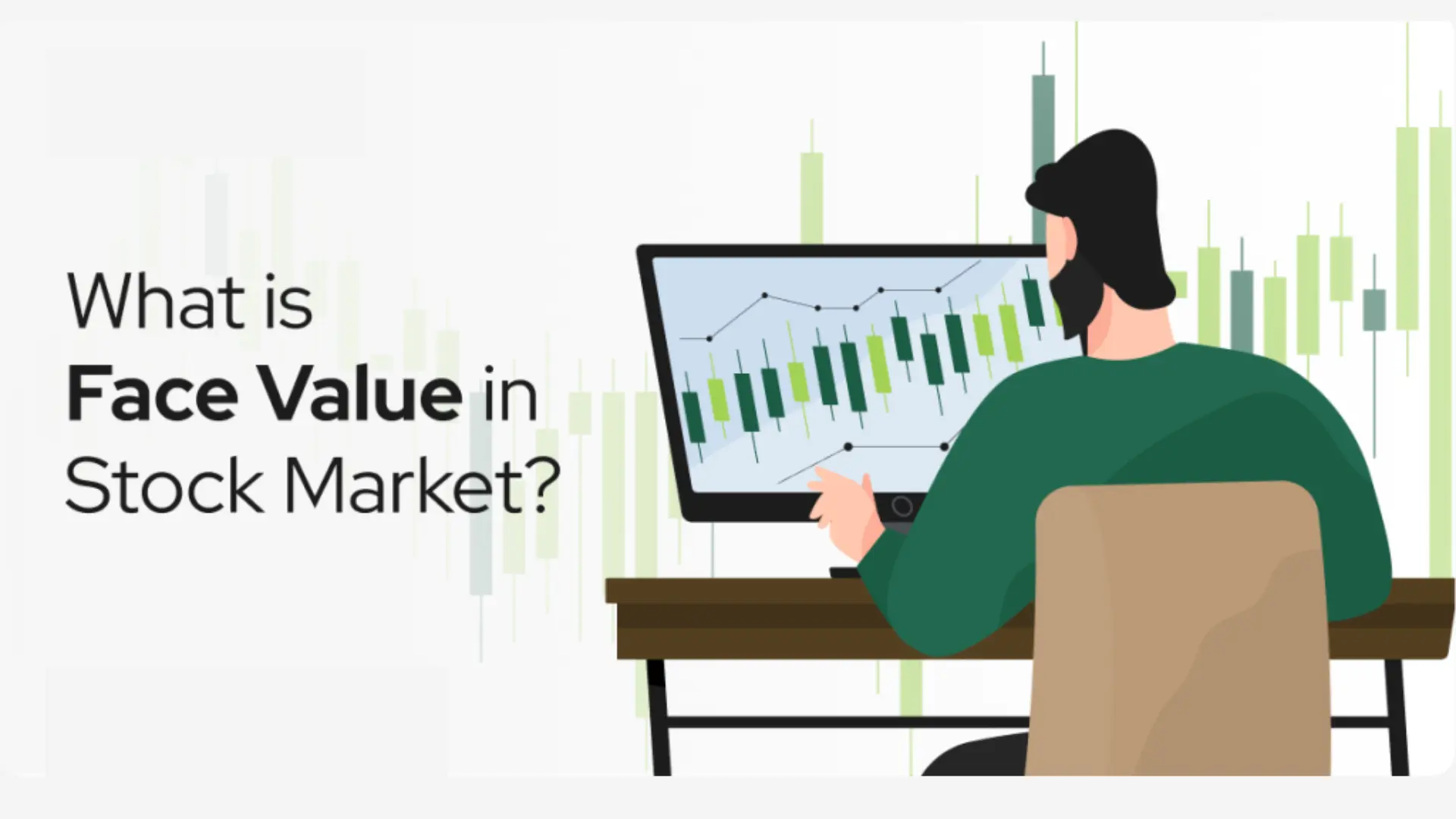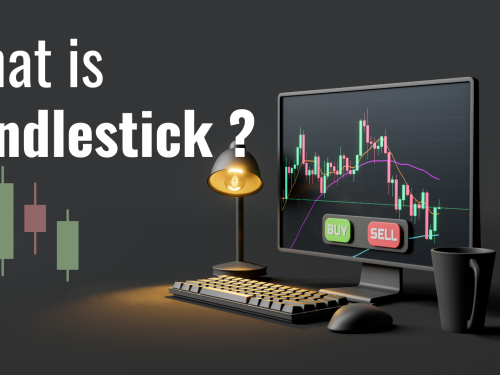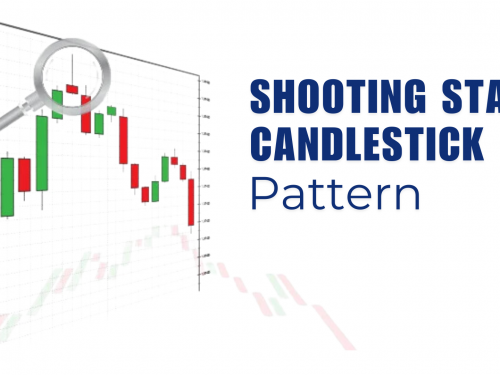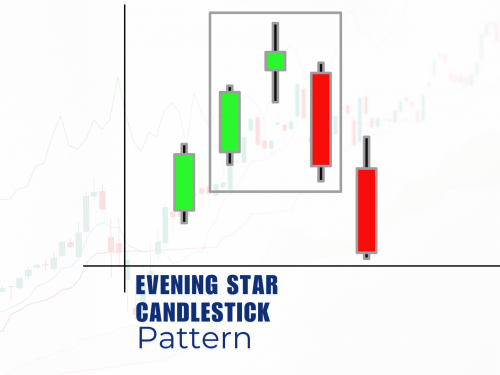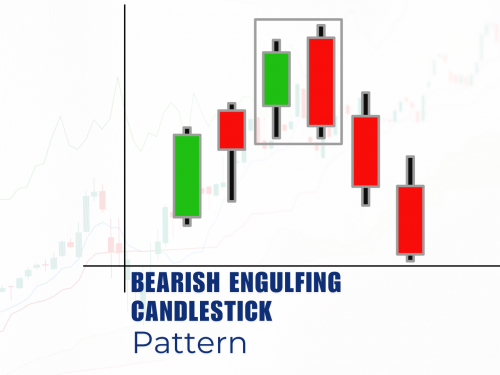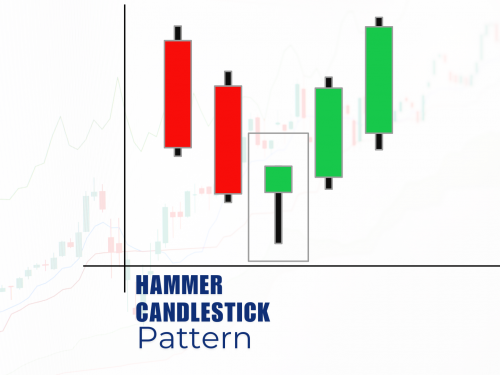Share Face Value?
Share face value, also known as par value or nominal value of the share, is the original cost of a share as stated on the share certificate. It's like the "sticker price" of a share when a company first issues it. But here's the thing - this value often doesn't reflect the actual market price of the share.
The important point of the Face Value:
It's set by the company when they first issue shares of the company.
It remains constant and doesn't change over time.
It's used for accounting purposes within the company.
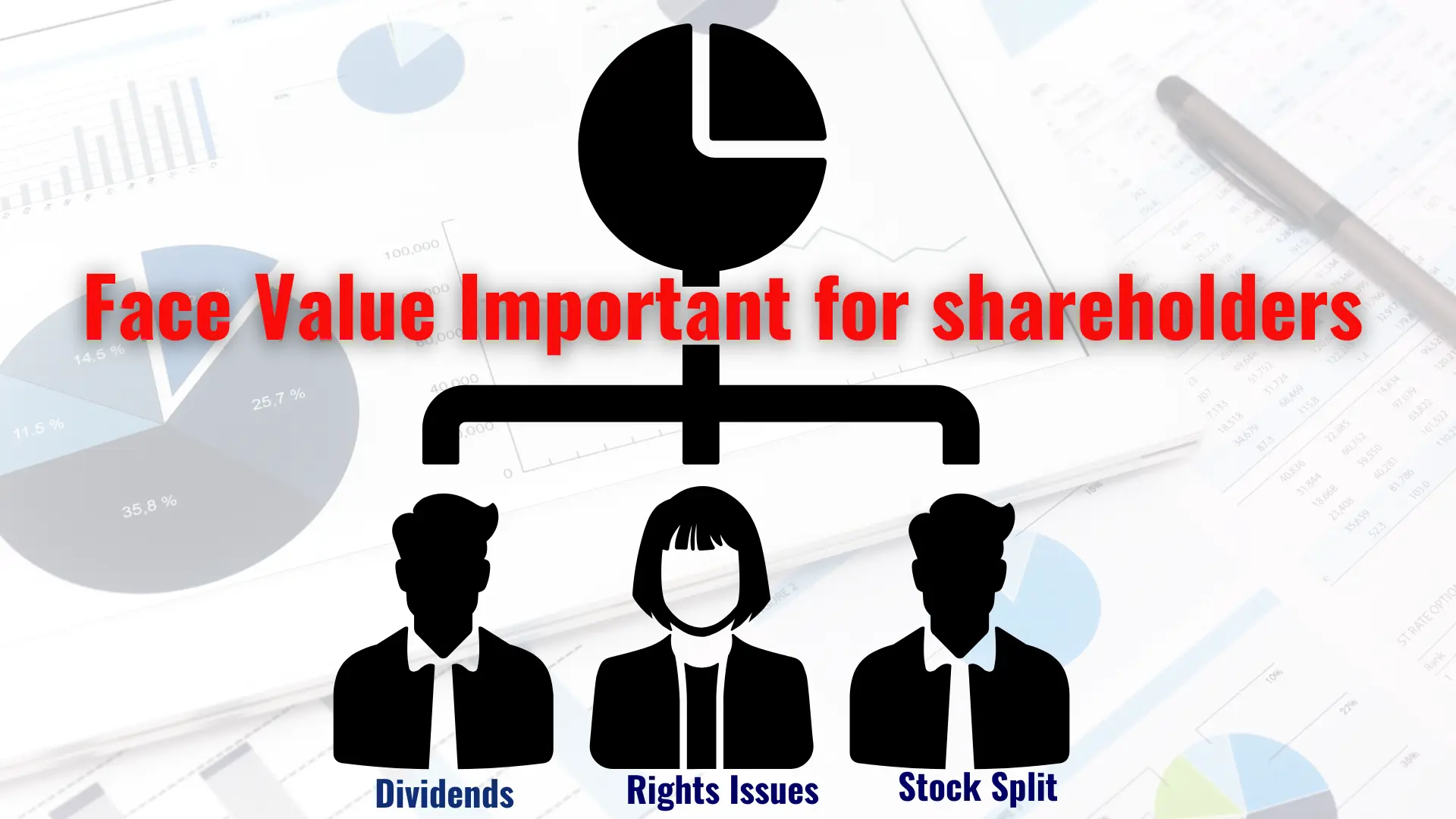
Why is Face Value Important for shareholders?
Face value plays an important role in several aspects of investing and company operations. Let's understand
1. For calculating Dividends:-
When a company decides to share its profits with shareholders by dividend, they often calculate the dividend as a percentage of the face value. So, even if it seems like just a number on paper, it can directly affect how much money ends up in your profit.
2. For Rights Issues:-
When companies want to raise more capital, they might offer existing shareholders the chance to buy more shares. The price of these new shares is often based on the face value. It's like getting a special "insider" price on new stocks.
3. For Stock Split:-
when a company increases its number of outstanding shares. The face value comes into play here too, as it's usually divided proportionally during a split.
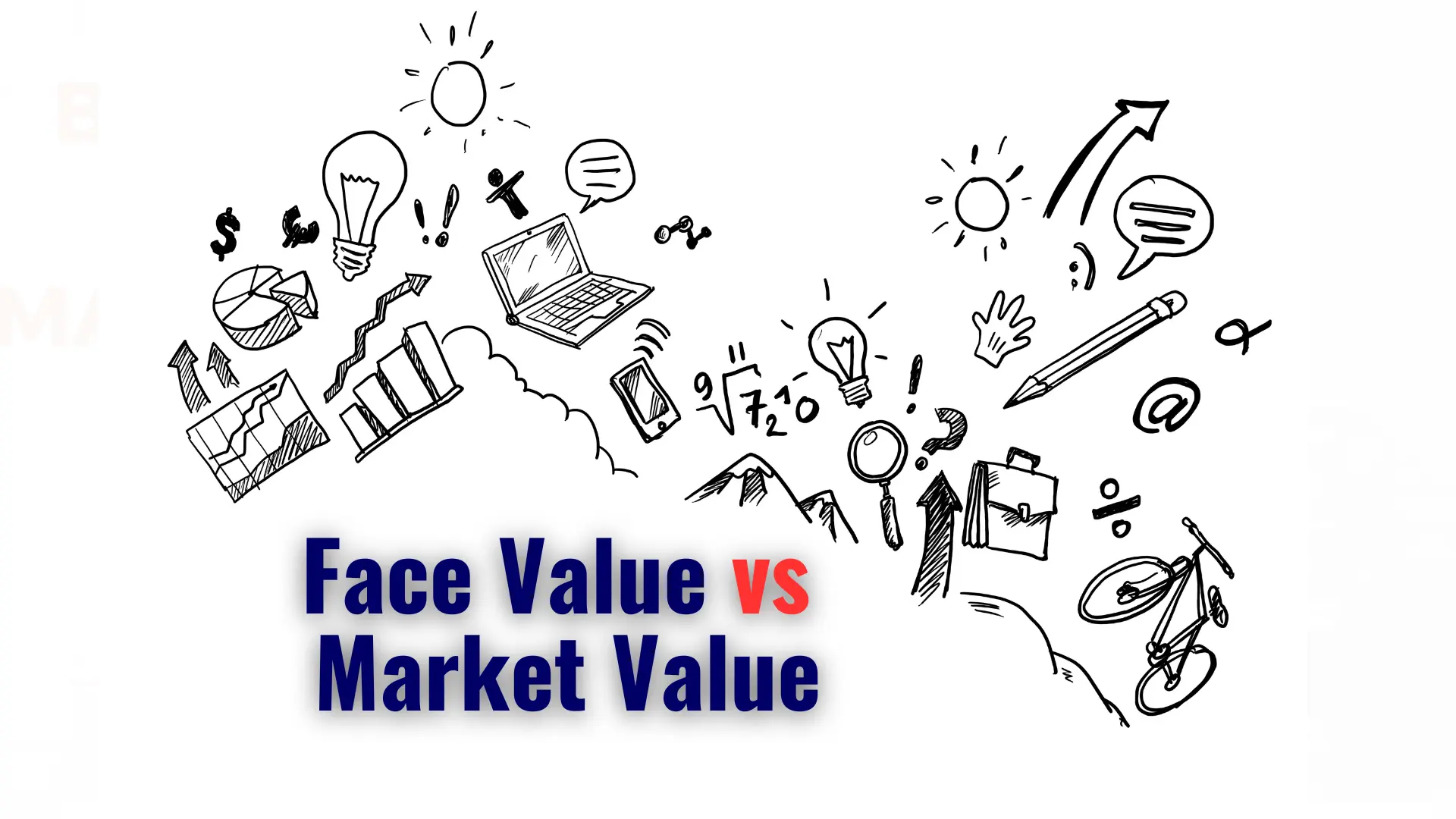
What is the difference between Face Value vs. Market Value?
Now, let's clear up a common confusion. Face value is not the same as market value. Here's a simple way to think about it:
Face Value: The original price set by the company
Market Value: The current price at which the share trades in the stock market.
The market value changes constantly based on supply and demand, company performance, and overall market conditions.
It's like the difference between the list price of a house and what people are actually willing to pay for it.
How to check a Share's Face Value?
Face value equals the equity share capital divided by the number of outstanding shares.
Check the share certificate if you have physical shares.
Look at the company's balance sheet.
Search financial websites or stock exchange listings.
You'll usually find this information readily available online. It's public information that companies are required to disclose.
"Unlock Your Investment Potential – Open a Demat Account with Upstox Referral Link Today!"

